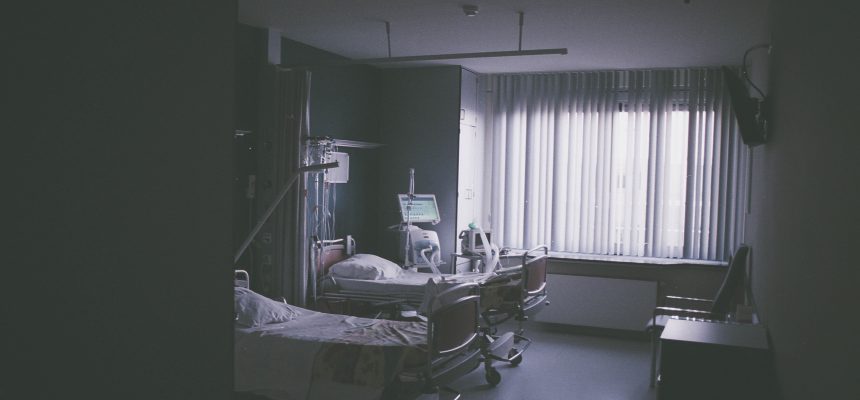“Ghost Networks” Make it Difficult for Consumers to Access Mental Health Care
By Consumers for Quality Care, on November 13, 2024

Across the health care system, but particularly in mental health care, so-called ghost networks hamper consumers’ access to care, according to Axios.
Ghost networks occur when an insurers’ list of in-network providers is woefully inaccurate and out-of-date. Ghost networks have plagued health care consumers for more than two decades, but the problem became worse during the COVID-19 pandemic. This is especially true in mental health care, with more people seeking care than ever before. Ghost networks are incredibly frustrating for consumers, who are forced to devote time and resources to comb through out-of-date directories to find an in-network doctor accepting patients. As a result, vulnerable consumers without the time or resources are often faced with the choice of paying more to go out-of-network or forgoing care all together. This can have devastating consequences for patients.
A recent lawsuit has been filed against Anthem Blue Cross and Blue Shield for not providing an accurate directory of in-network providers to their customers. The lawsuit argues that this is a violation of the No Surprises Act, which was passed to protect consumers from large, unexpected, out-of-network medical services. Plaintiffs also allege that ghost networks are in violation of federal mental health parity laws, which require insurers to treat mental health the same they would for physical ailments.
Last year, the Senate Finance Committee conducted an audit of numerous health care directories and was able to successfully schedule an appointment with an in-network mental health professional just 18 percent of the time. The Committee acted and strengthened provider directory standards in Medicaid.
CQC urges state and federal regulators to hold insurance companies accountable and provide consumers with accurate and updated information on in-network providers.




